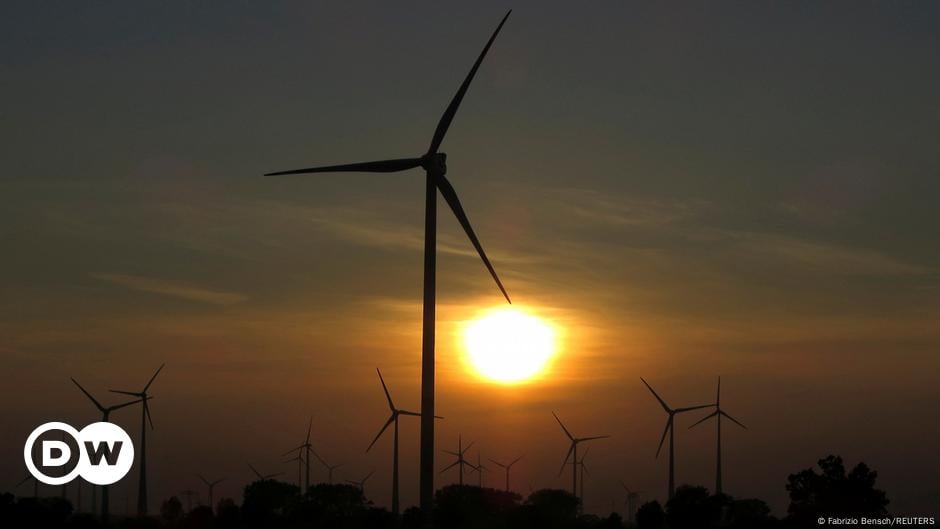Summary
In 2024, Germany increased its reliance on renewable energy, which accounted for 59% of electricity generation, up from 56% in 2023.
Wind energy led with 31.9%, followed by solar at 14.7%.
Despite a 0.9% rise in electricity consumption, total energy generation fell by 4.2% to 431.7 TWh, driven by declines in conventional sources.
Lignite (16.4%) and natural gas (13.2%) remained key fossil fuels.
This was Germany’s first full year without nuclear power after its 2023 phaseout, aligning with its 2045 climate-neutrality goal.
So the drop in electricity generation was covered by importing from other countries, driving up the prices there? 🤔Especially in the end of 2024 when there where no wind?
There is a European energy market, so the electricity always comes from the cheapest producer. Germany has enough reserves to bridge gaps, but doesn’t use them if there is cheaper energy on the market.
Phased out nuclear.
Still burning coal.
🤦♂️
Those two things are not related.
it should have been the reverse…
Should have, but thats just not possible with the political support for coal and miners at the time. The greens wanted to phase out coal too, but with social democrats & conservatives there was never a chance.
And also nuclear was never as big as coal and gas in Germany, so it was realistically never an option. Even at the peak the generation was only half of what coal produced.
Even at the peak the generation was only half of what coal produced.
Cutting coal usage in half would be fantastic…
But yeah - politics.
We did cut coal usage in half anyway since 1990, but by using renewables.
And before you say we could be coalfree then, nuclear and renewables don’t work well together, because a built nuclear power plant has no economic motivation to shut down if there’s a lot of renewables active. The best solution to get carbon emissions down (if a state doesn’t have nukes) is and will be until fusion works, renewables and storage.
Why shut down nuke plants? They’re much much cleaner than fossil fuels and work well with renewables.
- Risk (People feared it since Three Mile Island and Tschernobyl)
- nuclear Trash, Germanys states still cant say where there should be storage, except not in their state.
That were the main reasons around the 2000s when it was decided for the first time and that was generally consensus in the population.
And they don’t work well with renewables, where did you get that from? NPPs want to continually run, cause most of their cost is in construction, so you don’t want to shut them down. And they are limited in the flexibility of power ramping by thermal loads and stresses, which causes cracks in pipes if you power them up and down all the time.
And importing tons from France now that the reactors are back to full power.



